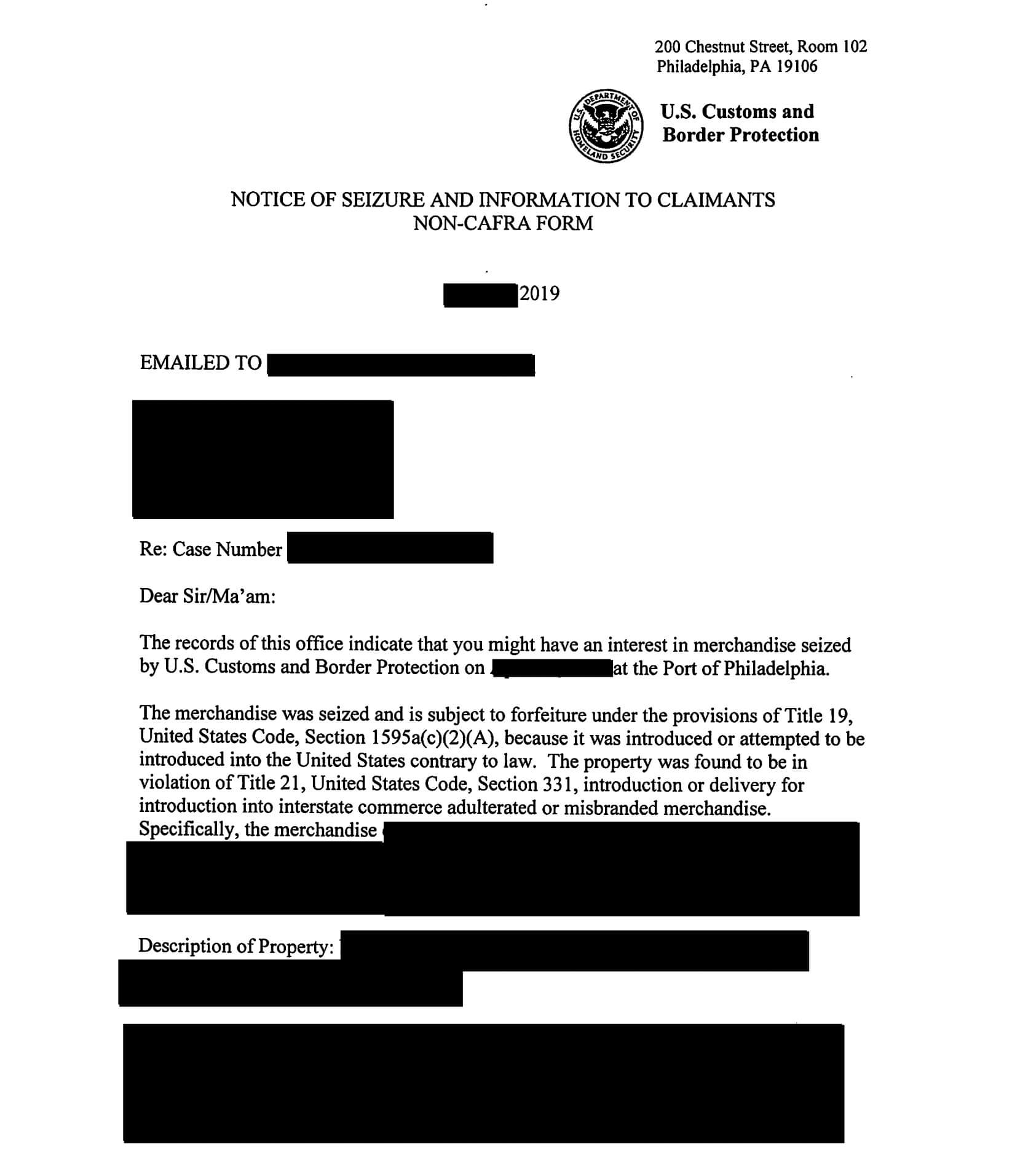Nature is awe-inspiring.
Which is why protecting it is so vital.
In 1900, President William McKinley signed a law against wildlife trafficking.
According to the Lacey Act, certain plants, fish, and wildlife are illegal to be possessed, transported, or sold for trade.
In the following sections, we’ll discuss its relevance today. And how to comply as an importer.
Let’s begin!
International Trade and the Lacey Act
With influence over other countries, the United States was and continues to be a model to the world.
Congressman John Lacey’s act would prove pivotal in the animal legal realm. It continues to direct our related government agencies today.
First, we’ll cover why it came about in the first place.
Why the Federal Government Enacted This Law
The original act was meant to protect migratory birds and game. And reinforce state laws that were already in place.
With a main target of illegal commercial hunting, it also aimed to keep foreign wild birds out of ecosystems.
By making certain acts a criminal violation, it took on the poaching industry.
Lacey Act amendments would cover:
- Outfitting services previously immune to violation enforcement
- False identification documents for importing
- Preventing imported plants from overrunning the domestic species
This broader range of protection intended for homeland security would even influence foreign law.
Benefits to Protected Species and Plants
Over the last 123 years, many species of plants, fish, and wildlife have enjoyed this safety net.
Key players that have offered protection:
- Animal and Plant Health Inspection Service (APHIS)
- Endangered Species Act (ESA)
- Indian tribal law
APHIS handles trade issues and protects habitats from invasive non-native plants and wildlife. Such species are helped by this federal agency.
The U.S. Fish and Wildlife Service carries out the ESA in defense of threatened fish and other animals. With the main goal of preventing extinction.
Additionally, the Lacey Act allows any Indian tribe to secure the living, natural wonders within their jurisdiction.
Civil and Criminal Penalties for an Illegal Trafficking Violation
Punishment will depend on the offender’s level of awareness that the plants or plant products were banned. Naturally, that includes a thorough investigation and legal process.
Being fully aware of illegally harvested plants carries with it felony charges. The plants could be cut down within our borders or outside of the U.S.
Civil penalties and lesser charges apply to those who neglected to exercise “due care” in terms of origin.
Since you have a foundation on the Lacey Act, next we’ll examine actual use cases.
Scope of Lacey Act Declarations
U.S. Customs and Border Protection (CBP) provides a guide on the declaration requirement. You can find it on their website under “Trade.”
Real-life examples provide the best instruction on the scope that they cover.
Let’s review some sample rulings for a better understanding.
Wildlife and Wild Fauna Affected by the Lacey Act
Case studies:
- Operation Crash (elephant ivory and rhinoceros horn)
- Gibson Guitar Corp (rosewood and ebony wood)
Since 2011, 38 individuals have pleaded guilty to poaching the two now-endangered species. And $8 million has been recovered during this ongoing operation.
The popular guitar maker was alleged of using illegally imported supplies from India and Madagascar back in 2012. A criminal enforcement agreement settled the case.
Restrictions for Illegally Harvested Plant Products
Companies and individuals may be guilty of a federal crime harvesting U.S.-based plants.
Back in 2016, the owner of a timber mill possessed, transported, or sold wood cut from a national forest in Washington.
Besides a more than $150,000 fine, he also spent 6 months in prison and 6 months under house arrest. His act was considered a serious violation.
Three men were also charged for cutting down the maple trees.
This reveals how serious the federal government is about the Lacey Act.
What About Wildlife Crimes From a Foreign Country?
Before 2008, the act focused on illegal logging practices within our country. But then a Lacey Act amendment expanded it to abuses of foreign law.
To be compliant, you must make an import declaration that includes the scientific name and market value of a plant product.
The U.S. Forest Service has stated that the 2008 change has been significant. Both in protecting native ecosystems and encouraging animal and plant health.
One 2015 case saw the importation of lumber illegally logged in Russia. A $13 million fine was assessed for the effect it would have on threatened species in the area.
Lacey Act Declaration Requirement for Interstate Commerce
As mentioned earlier, CBP handles this system.
Know that the Lacey Act declaration can be sent in by mail or electronically for processing. The form you need is called Plant and Plant Product Declaration Form PPQ 505.
Should you be approved, the products will be released to you at an entry point.
How Can Businesses Avoid a Civil Penalty From This Act?
We’d recommend learning what the term “due care” means in the context of this act.
This enduring legal principle refers to the degree of care you take to verify where your plant products are sourced from.
Because you know what a violation may do to your reputation, it’s worth following these steps:
- Regularly audit or review your supply chain
- Double-check that foreign commerce transactions are legal
- Follow all conservation and plant protection laws
Wrapping up, seeking legal counsel is the best way to guarantee compliance.
Reidel Law Firm Addressing Import Restrictions
Performing your due diligence around the Lacey Act will equate to success as an importer of plant products and wildlife.
We help businesses like yours with imports.
As experts in international trade law, we can help you handle the legal aspects of any compliance issues.
Our international trade law division also supports:
- Import Compliance
- Export Compliance
- Litigation before the Court of International Trade (Section 337, anti-dumping/countervailing, and other trade-related cases)
- Trade Compliance Audits and Training
Call Reidel Law Firm today at (832)510-3292 or fill out our form to see how we can help your business expand internationally.






